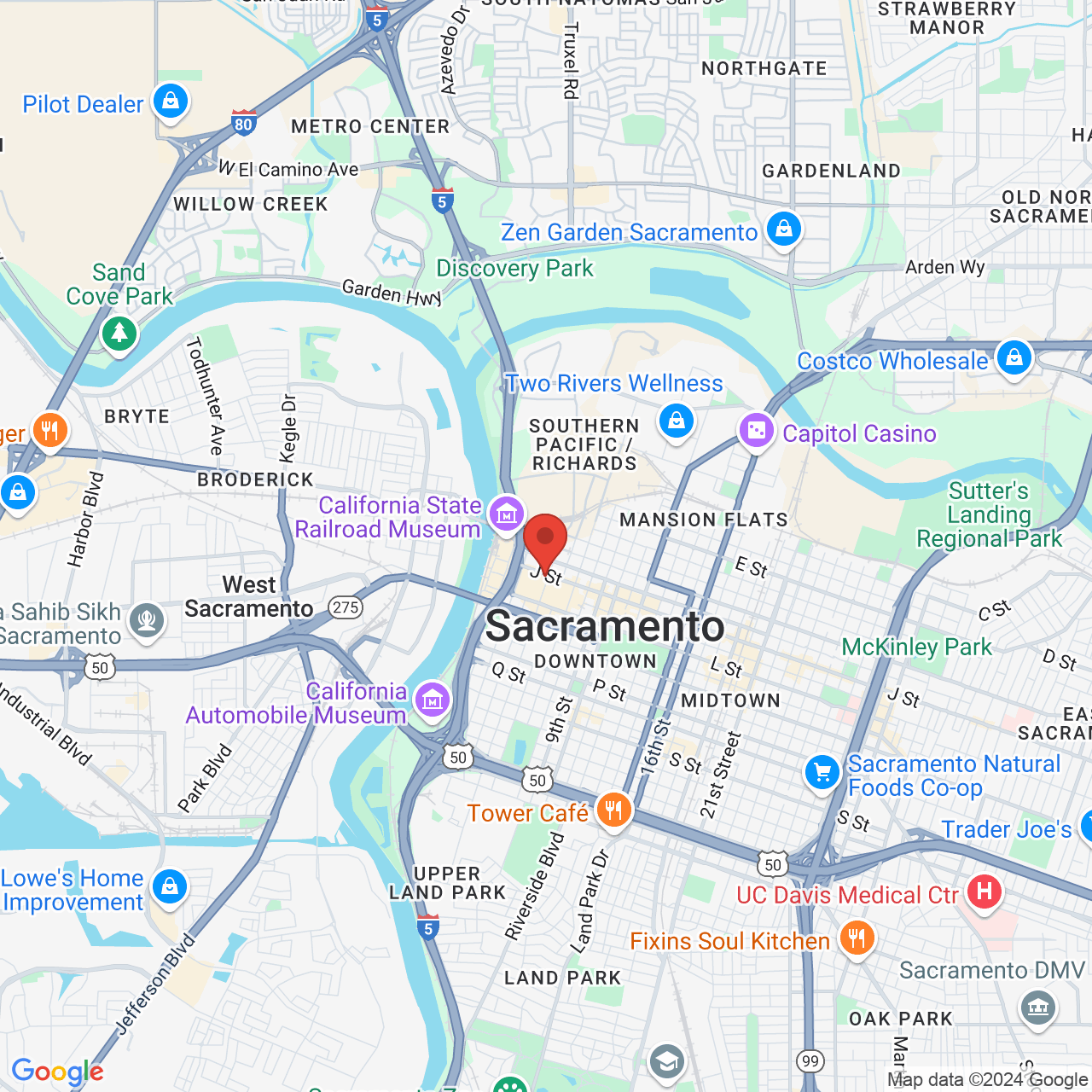Employment Law and Vacation, Sick, PTO in California
 Federal and state employment laws are in place to protect employees from working without earning fair wages, dealing with discrimination at their workplace, working in an unsafe environment, or being wrongfully terminated from their position.
Federal and state employment laws are in place to protect employees from working without earning fair wages, dealing with discrimination at their workplace, working in an unsafe environment, or being wrongfully terminated from their position.
Employment law attorney Gregory Thyberg believes that every employee should understand his or her legal rights. One common area of misunderstanding is rights pertaining to paid time off. Here, we outline the basic regulations regarding employment law and vacation, PTO, and sick time in California.
Vacation and PTO
In California, there are no laws in place that require employers to provide workers with vacation time or PTO (paid time off). However, many employers do choose to provide vacation or PTO as an added benefit of employment.
If an employer chooses to provide vacation or PTO, there are state laws that regulate how that time is controlled.
- Earned vacation or PTO time can never expire in California (unused hours can be “banked” for later use, but can never be lost)
- Vacation and PTO time are equivalent to earned wages, so any unused time must be paid off if an employee quits or is terminated
- Vacation time cannot be taken away as a form of disciplinary action
- Employers can place caps on how much vacation time can be banked
- Employers can require advanced notice before vacation or PTO hours can be used
Sick Leave
Paid sick leave is treated differently than vacation or PTO days in the state of California. Whereas state employment laws do not require an employer to offer vacation or PTO, they are legally required to provide sick leave. California’s Healthy Workplaces, Healthy Families Act of 2014 mandates that all full-time employees are allowed at least three days of paid sick leave per year.
Paid sick leave can be used for the diagnosis, care, or treatment of a personal illness; preventative care; or the care or treatment of the illness of a family member. Paid sick leave may also be used to seek psychological counseling, or to receive services pertaining to domestic abuse, sexual assault, or stalking.
California law mandates that employees are allowed to carryover up to 48 hours of accrued sick time (24 hours per year for two years). However, unused sick time is not a wage equivalent and, therefore, does not need to be paid out if an employee quits or is fired.
What If My Rights Are Violated?
If an employee’s rights pertaining to vacation, PTO, or sick time have been violated, they should work with an employment law attorney, such as Gregory Thyberg, to seek compensation for damages. Damages in a wage dispute case may include unpaid wages, interest, the cost of attorney fees, and, possibly, penalties.
Contact Us
If you have been denied earned wages, are working in a hostile or discriminatory environment, or have been wrongfully terminated, contact attorney Gregory Thyberg at your earliest convenience to discuss the details of your case and learn more about your legal options. You can schedule a personal consultation by calling (916) 204-9173.


